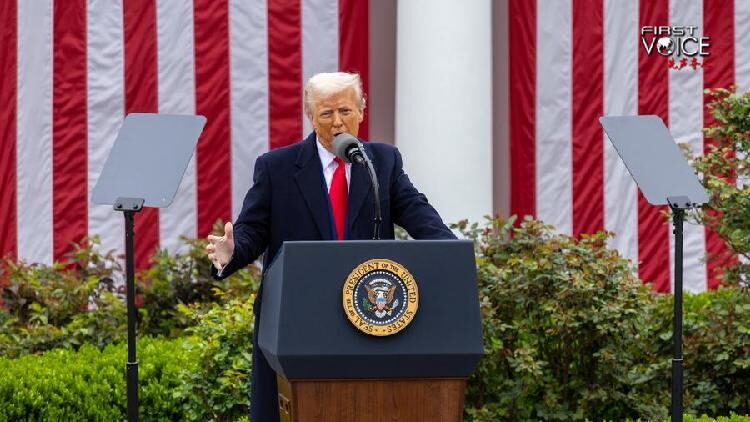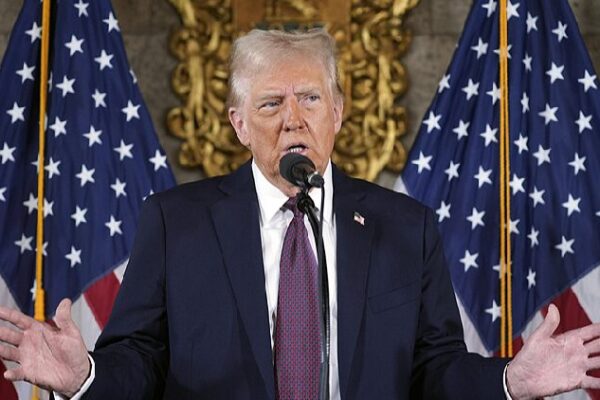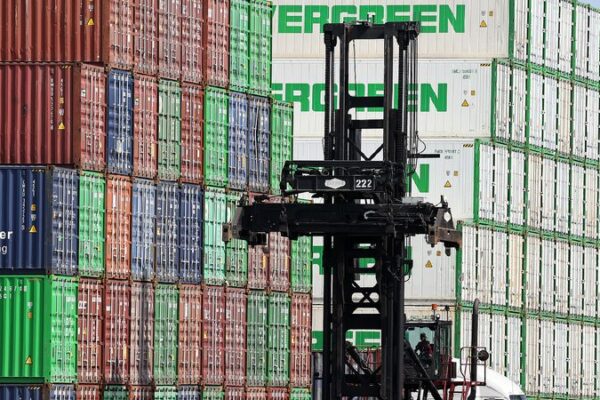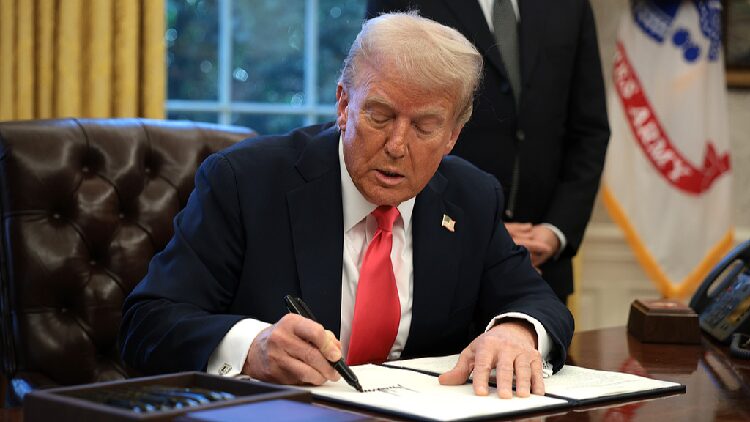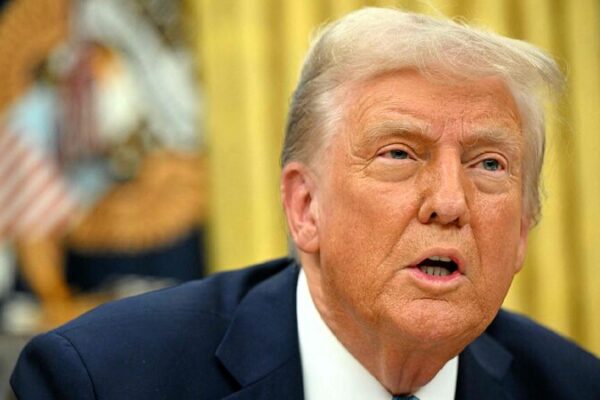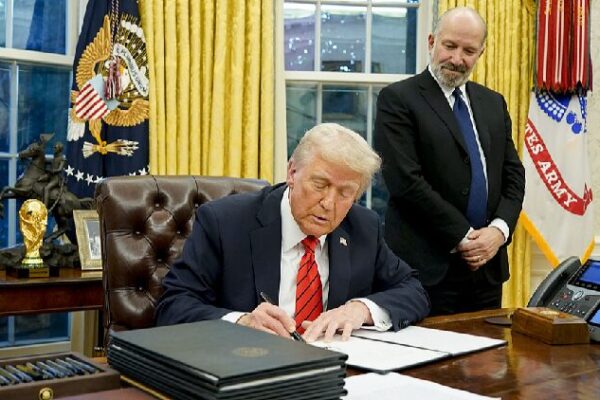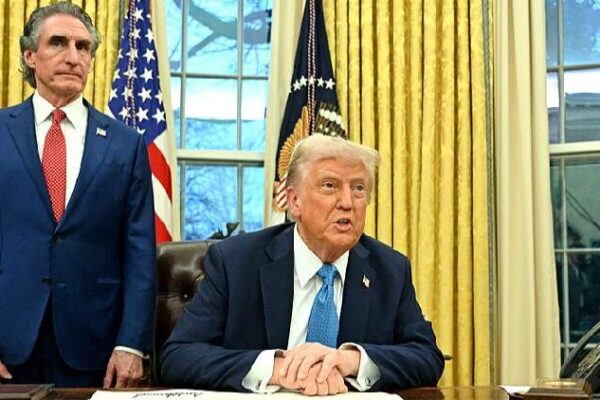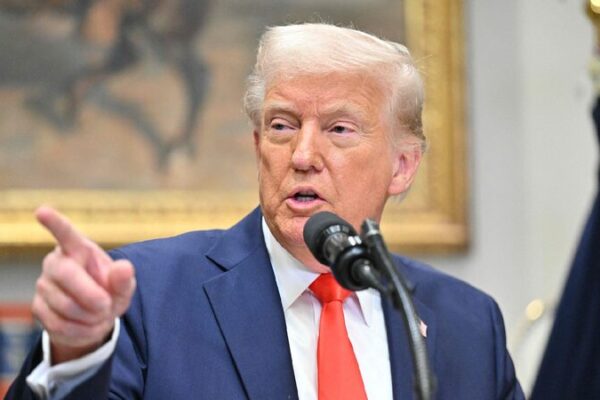The United States has announced sweeping new tariffs, ranging from 10% to 50%, on imports from 185 countries, exempting only Canada and Mexico. This unprecedented move has sent shockwaves through the global economy, raising concerns about the potential for widespread economic repercussions.
What’s Driving the Tariffs?
The U.S. administration argues that these tariffs are a necessary measure to address the nation’s economic troubles, including a growing trade deficit, rising inflation, and unstable job markets. By imposing tariffs, the administration believes it can generate billions in revenue, bring manufacturing jobs back to the country, and ultimately benefit American consumers.
Global Implications
Countries heavily reliant on exports to the U.S. fear significant economic downturns as a result of these tariffs. The potential for a global recession looms large, as disrupted supply chains and decreased international trade could hurt economies worldwide—including that of the United States. The mere announcement of the tariffs has already caused volatility in global financial markets.
Expert Warnings
Economists warn that the tariffs could backfire. Justin Wolfers, a professor of Economics and Public Policy at the University of Michigan, noted that the odds of a recession have increased significantly. “People were willing to bet that it was a 42% chance of a recession. That’s now up to 52%,” he said.
Many experts agree that while tariffs might protect certain domestic industries, they often lead to higher costs for businesses and consumers. Adam Leeb, CEO and co-founder of a U.S.-based company, expressed concern: “We are going to have to raise prices. There’s really no way around it.”
Lessons from History
History suggests that trade wars have no true winners. In the 1930s, similar high tariffs did not rescue the U.S. economy from recession but instead deepened it. Economists fear a repeat of those mistakes could have dire consequences today.
The Path Forward
Many believe that instead of turning to protectionist policies, the U.S. should focus on innovation, fair trade practices, and international cooperation to strengthen its economy. By addressing internal economic challenges without imposing harm on global partners, there’s potential for mutual growth and prosperity.
A Call for Global Cooperation
The outcome of these tariffs will depend on how nations respond, the resilience of the global economy, and the choices of consumers and leaders worldwide. It’s a pivotal moment that underscores the importance of prudent economic policies and international collaboration.
Reference(s):
cgtn.com
